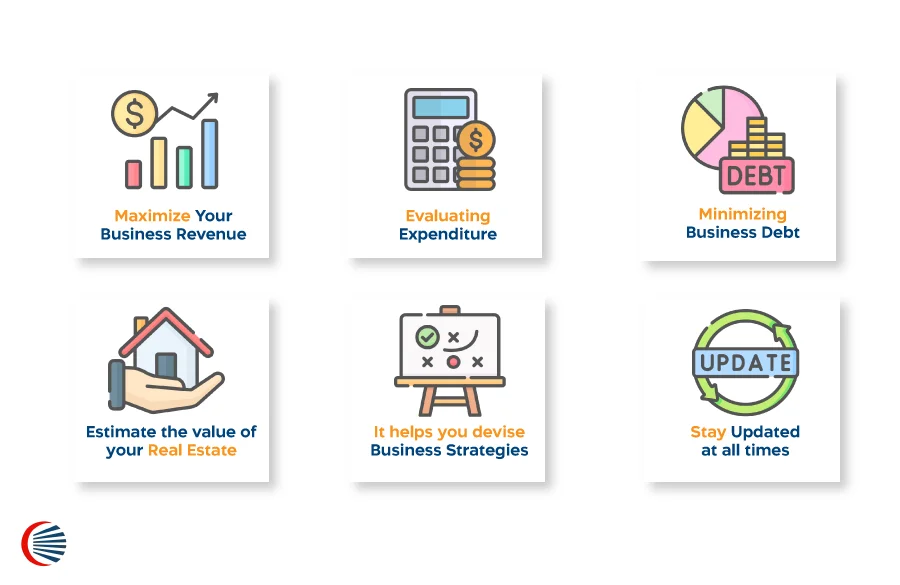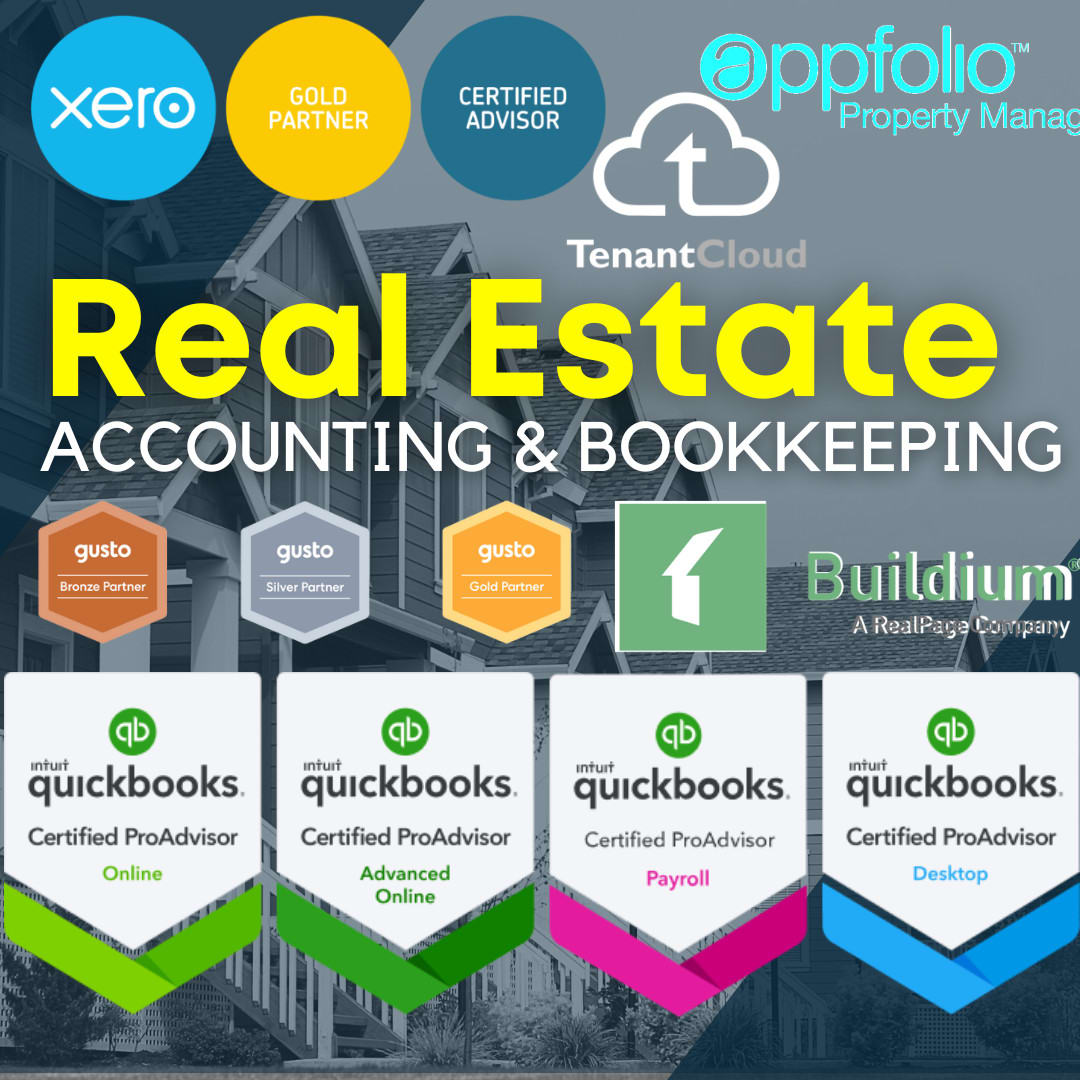Key Trends in Construction & Real Estate in Today’s Market
Just How Building Accountancy Plays an Essential Role in Successful Building & Realty Administration
In the realm of construction and property monitoring, the details of building audit can not be overemphasized. It functions as the backbone for precise expense estimation, efficient budget administration, and critical capital optimization, all of which are necessary for keeping project practicality. Adherence to regulative compliance and leveraging technical innovations can considerably enhance operational effectiveness. Nevertheless, real impact of these methods usually unravels in unforeseen ways, disclosing much deeper understandings into job performance and stakeholder connections. What are the hidden aspects that raise building accounting from a mere necessity to a tactical advantage?
Significance of Accurate Cost Evaluation
Exact cost estimate is a foundation of reliable building audit in actual estate administration. It acts as the structure for job planning, monetary projecting, and source allocation. By supplying precise quotes of labor, products, devices, and expenses prices, stakeholders can make informed decisions that improve financial feasibility and decrease dangers.
A well-executed expense estimate procedure permits job supervisors to identify potential financial challenges early, ensuring that tasks stay within spending plan and on schedule. This aggressive approach not only safeguards against cost overruns yet additionally fosters depend on among investors, clients, and specialists.

Furthermore, they play an important function in protecting financing, as lending institutions frequently need in-depth cost malfunctions to assess the feasibility of a task. Construction CPA Accounting Firm. Eventually, the precision of cost quotes directly impacts the total success of building and construction projects, driving productivity and sustainability within the property administration landscape
Spending Plan Monitoring Approaches
Reliable budget plan monitoring approaches are crucial for effective construction jobs in genuine estate monitoring. Carrying out a comprehensive budgeting framework entails a number of essential elements, beginning with the facility of a detailed budget that encompasses all task aspects, consisting of labor, materials, permits, and contingencies. This first spending plan offers as a benchmark versus which all expenses are gauged.
Normal tracking and upgrading of the budget are vital. This consists of carrying out variance evaluations to determine inconsistencies between projected and actual costs. By doing so, job managers can promptly attend to any problems that arise, making certain that the job stays on course economically.
Additionally, integrating technology via construction accounting software application can boost spending plan management procedures. Such devices facilitate real-time tracking of expenses and supply insights right into monetary efficiency, thus sustaining educated decision-making.
In addition, cultivating open interaction among all stakeholders-- specialists, suppliers, and customers-- makes sure that everybody is aligned on budget plan expectations, decreasing the probability of misunderstandings that might cause budget plan overruns.
Eventually, a reliable budget management strategy not just safeguards against monetary challenges but likewise contributes to the general success and productivity of building projects within the real estate field.
Capital Optimization Techniques
Maintaining a well-structured spending plan is an essential foundation for capital optimization in building and construction jobs. Effective capital management begins with precise forecasting, which enables task supervisors to prepare for expenses and income, making sure that funds are designated properly. Consistently upgrading capital forecasts in action to changing task conditions can assist determine potential deficiencies early, allowing timely restorative actions.
Implementing a durable invoicing procedure is one more vital method. Construction Accounting. Establishing clear payment terms and maintaining consistent communication with customers can quicken payments and lower delays. Making use of development invoicing-- charging customers based on completed job-- can additionally enhance capital by straightening income with job milestones
In addition, enhancing purchase methods can considerably influence capital. By bargaining beneficial payment terms with subcontractors and providers, building and construction companies can handle discharges better. This might include capitalizing on discount rates for very early settlements or establishing flexible financing setups.
Last but not least, maintaining a reserve of working capital can provide a barrier against unforeseen expenses or delays. Regularly evaluating capital statements guarantees that management stays enlightened concerning economic health and wellness, enabling critical decision-making that safeguards task stability and profitability.
Conformity and Governing Factors To Consider
Navigating the facility landscape of compliance and regulatory considerations is vital for building companies in genuine estate administration. Construction firms should stay cautious concerning zoning regulations, developing codes, occupational safety and security requirements, and ecological policies.
Moreover, financial coverage requirements, including tax obligation responsibilities, demand meticulous record-keeping and precise audit techniques. The construction sector is subject to one-of-a-kind monetary obstacles, such as progress invoicing and retainage, which need to be managed according to governing standards to maintain compliance.

Furthermore, labor regulations and wage policies are essential factors to consider, especially when taking care of a diverse labor force. Making sure Full Article that subcontractors and workers are paid relatively and in conformity with labor regulations not only minimizes risks yet additionally fosters a favorable office culture.
Benefits of Innovation in Accounting
As building and construction firms embrace technological advancements, they unlock a myriad of benefits that enhance their bookkeeping methods. Construction Accounting. Among one of the most considerable advantages is the automation of regular jobs, such find more as invoicing and pay-roll processing, which decreases human error and liberates important time for audit experts to concentrate on critical decision-making


Furthermore, advanced analytics tools provide insights right into economic patterns, enabling firms to forecast budgets more accurately and manage capital efficiently. The combination of mobile innovation also empowers area personnel to send expenditures and timesheets straight from work sites, improving information collection and speeding up reimbursement procedures.
Additionally, robust security measures inherent in modern-day bookkeeping software protect delicate financial details from possible breaches, guaranteeing conformity with regulatory needs. In summary, leveraging modern technology in building and construction accountancy not only improves efficiency and precision yet additionally supports far better economic management and strategic development within the industry.
Verdict
In conclusion, construction accounting works as a keystone for effective building and construction and real estate management. Accurate price evaluation, efficient spending plan management, and enhanced cash flow are necessary for making sure and mitigating monetary risks project feasibility. Compliance with laws even learn the facts here now more improves functional honesty, while technical advancements simplify accounting procedures. Inevitably, the integration of robust accountancy techniques fosters notified decision-making and adds to the effective distribution of construction jobs within well established financial and organizing constraints.
In the realm of building and actual estate administration, the details of construction audit can not be overemphasized.Effective spending plan management approaches are crucial for effective building tasks in genuine estate administration.Maintaining a well-structured budget is a vital structure for cash money circulation optimization in building and construction tasks.In final thought, building and construction audit offers as a foundation for effective construction and real estate management. Inevitably, the integration of robust audit techniques promotes notified decision-making and contributes to the successful shipment of building and construction jobs within established budgetary and scheduling restraints.